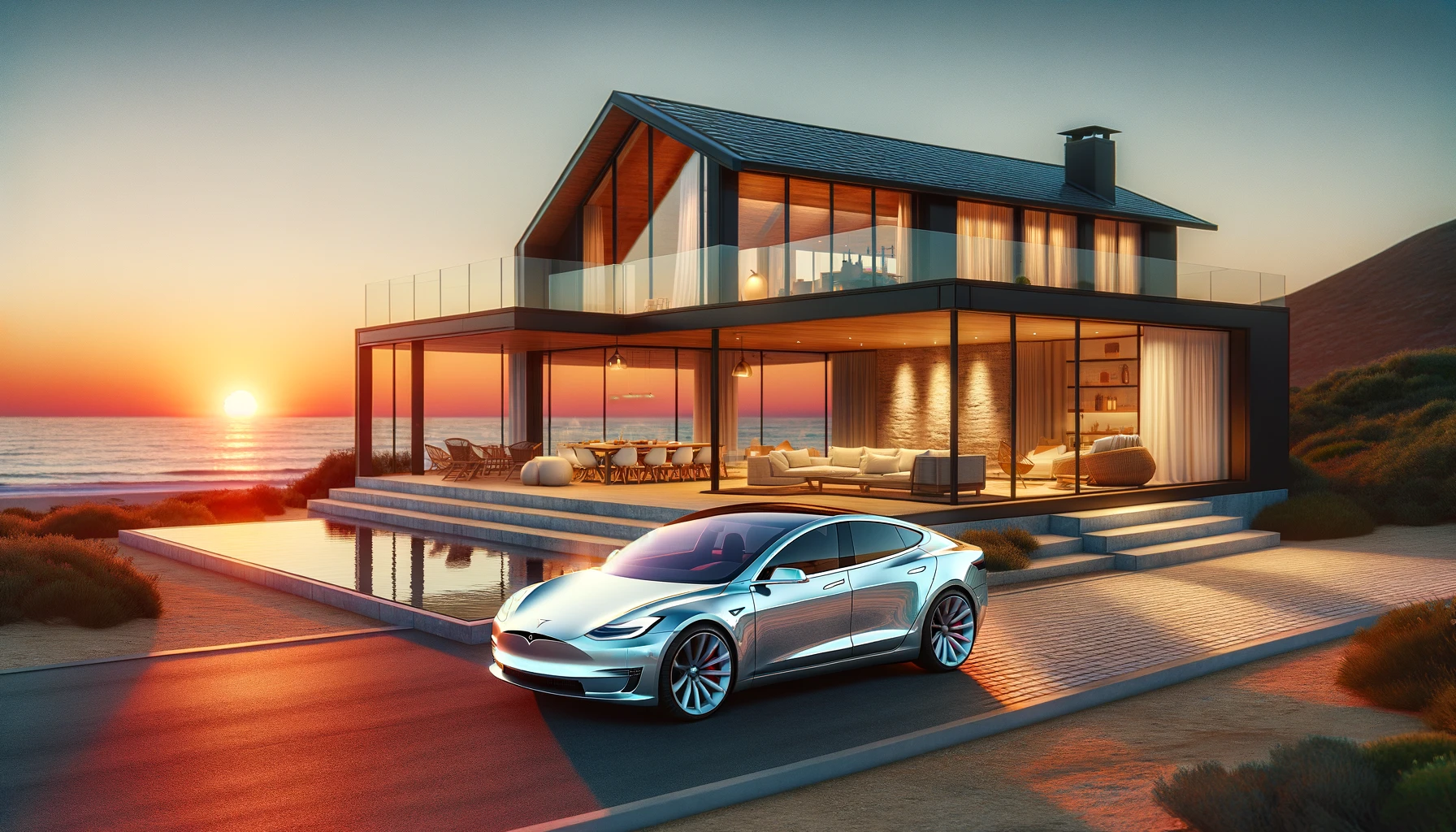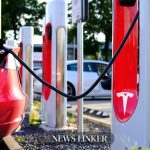Tesla Motors, recognized globally for its electric vehicles and innovation, traces its roots back to the inspired vision of Martin Eberhard and an homage to Nikola Tesla, the inventor of alternating current (AC). Eberhard’s personal journey into the realm of electric vehicles began with a newfound passion for sports cars following a divorce, leading to an investment in AC Propulsion, a boutique electric automaker.
The company’s name, “Tesla Motors,” pays tribute to Nikola Tesla, whose invention of AC electricity fundamentally changed how electricity is transmitted and utilized, setting him apart from his contemporary, Thomas Edison, who was a proponent of direct current (DC). This historical context laid the groundwork for what Tesla Motors would become: a pioneer in the electric vehicle industry, leveraging AC technology to revolutionize electric mobility.
The narrative continues with Elon Musk, who, despite common misconceptions, was not the founder of Tesla but became its most pivotal figure through a substantial investment in 2004. The Tesla trademark, originally owned by someone in Sacramento, was acquired by Musk’s team through persistent and gentle persuasion, showcasing the strategic approach that has characterized Tesla’s journey.
Under Musk’s guidance, Tesla redefined electric vehicles, introducing high-performance models like the Tesla Model S, which boasts innovative 4680 cylindrical battery cells and a selection of electric motors (IM, IPM, SPM) detailed in the 2023 publication in Highlights in Science, Engineering, and Technology. This analysis not only highlights Tesla’s preference for cylindrical cells and the efficiency of its electric motors but also underscores the significant advancements in EV technology and infrastructure, contributing to a sustainable, low-carbon society.
Tesla’s success story, marked by vision, determination, and a challenge to the status quo, reflects the ongoing legacy of Nikola Tesla, ensuring the brand’s prominent place in the history of automotive innovation.










